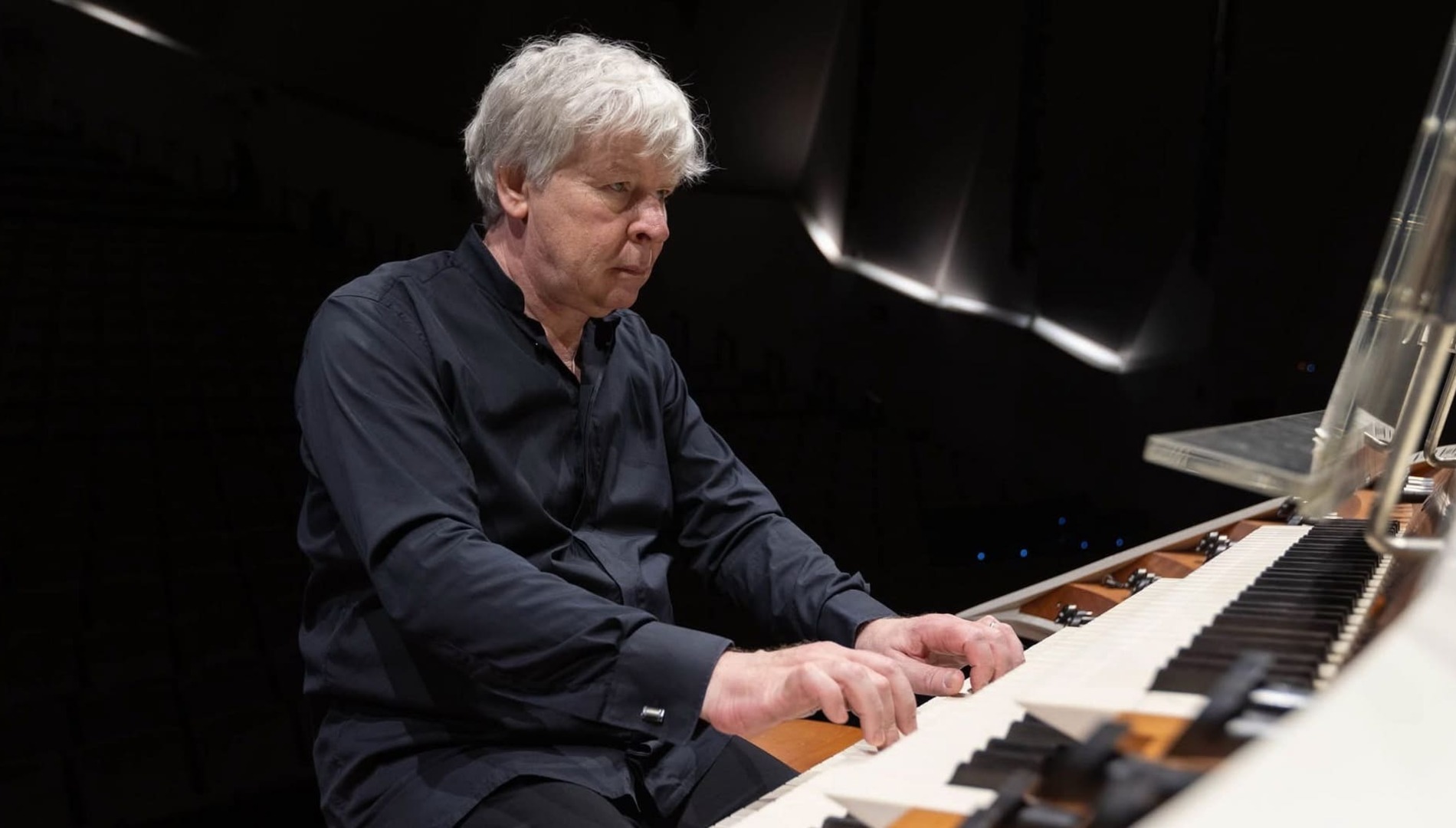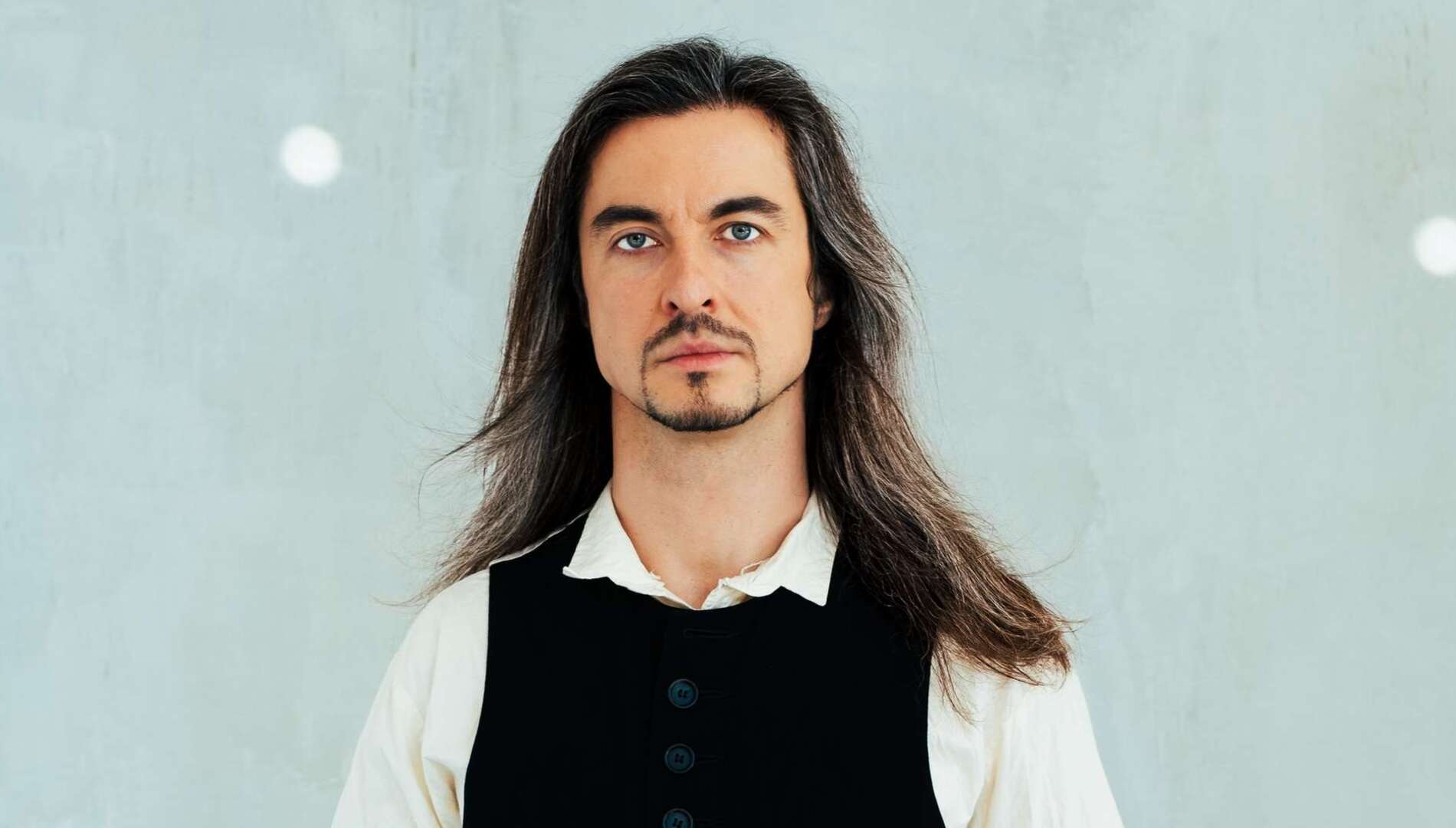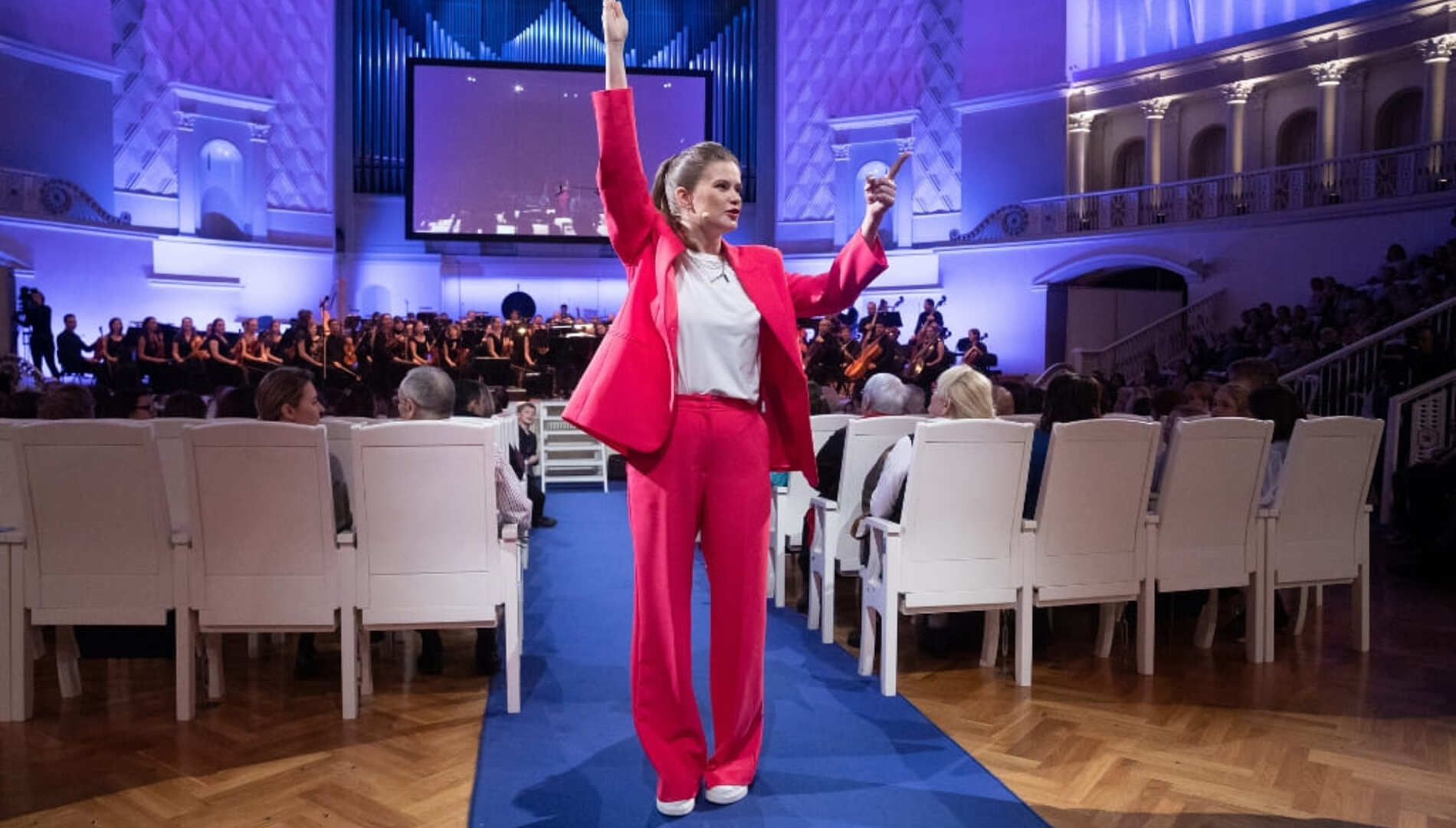
Концертный зал имени П. И. Чайковского
Концертный зал имени П. И. Чайковского
О зале
Концертный зал имени П. И. Чайковского на Триумфальной площади – главная площадка Московской филармонии. Он был открыт 12 октября 1940 года, в год 100-летия со дня рождения П. И. Чайковского, и носит имя великого русского композитора. История этого зала – летопись культуры нашей страны за последние 80 лет: здесь выступали все выдающиеся отечественные исполнители и крупнейшие музыканты мира, звучали российские и мировые премьеры. Ежегодно на его сцене проходит около 300 концертов, которые посещают более 400 тысяч слушателей. В зале установлен орган фирмы «Ригер-Клосс». В нижнем фойе зала проходят бесплатные прямые трансляции концертов.
Концертный зал имени П. И. Чайковского – один из крупнейших в России. Его вместимость 1505 мест.
С 1901 года на углу Тверской и Большой Садовой улиц располагался театр «Буфф-миниатюр» французского антрепренера Шарля Омона, позже – театр легкого жанра Зон, а после революции – Театр РСФСР. В 1922 году здание было передано Театру имени Всеволода Мейерхольда (позднее – ГосТиМ), 10 лет здесь шли его знаменитые спектакли «Мистерия-буфф» Маяковского, «Ревизор», «Горе уму» и другие. В 1932 году началась капитальная перестройка здания на Триумфальной площади; основой проекта нового зала, разработанного Михаилом Бархиным и Сергеем Вахтанговым, послужила модель древнегреческого театра, где зрительские места располагались амфитеатром. Проект самого здания подвергся критике и не раз переделывался. После того, как Мейерхольд был осужден официальной властью, было принято решение переоборудовать театр в концертный зал, однако архитекторы Дмитрий Чечулин и К. К. Орлов в целом сохранили его прежнюю планировку.
Новый зал получила в свое распоряжение Московская филармония. Он был открыт в год 100-летия со дня рождения П. И. Чайковского, 12 октября 1940 года. В зале был установлен орган XIXвека немецкой фирмы «Э. Ф. Валькер», прежде находившийся в Санкт-Петербурге в Соборе святых Петра и Павла на Невском проспекте (в 1860-е годы XIX века на нем играл П. И. Чайковский).
Уже первый филармонический сезон принес залу всесоюзную известность. В годы Великой Отечественной войны Филармония продолжала свою работу, несмотря на осадное положение Москвы. За время войны здесь прошли более 1000 концертов, их посетили более 2 млн. зрителей.
После войны Концертный зал имени П. И. Чайковского расширил спектр концертных программ: кроме музыкантов академического направления здесь начали выступать мастера эстрады, драматические актеры, танцевальные коллективы, проходили Всесоюзные конкурсы балетмейстеров и артистов балета и даже международные шахматные турниры. В зале Чайковского выступали практически все знаменитые музыканты из Европы, гастролировавшие в нашей стране. С 1962 года здесь проводились прослушивания Международного конкурса имени П. И. Чайковского. В сентябре 1959 года состоялось открытие нового органа, построенного специально для этого зала чехословацкой фирмой «Ригер-Клосс».
В сезоне 2004–2005 в зале прошли реставрационные работы, после чего изменилась пространственная концепция зала: теперь партер легко разбирается, позволяя разместить на этом месте оркестр, освободив сцену для оперных постановок. В 2008 году была значительно улучшена акустика зала (установлены специальные акустические щиты), а также проведены работы по восстановлению исторического облика фойе.
Абонементы
Как проехать
Ближайшие станции метро:
Адрес:
Триумфальная площадь, 4
Парковки:
расположение городских платных парковок можно посмотреть
на схеме→
Время работы касс:
С 10:00 до 21:00
Кафе «Чайковский»

+7(495)699-91-14

Об органе

Орган концертного зала имени П. И. Чайковского
Орган украшал Концертный зал имени П. И. Чайковского с первых дней. В 1940 году здесь был установлен инструмент немецкой фирмы «Э. Ф. Валькер», с 1840 года находившийся в соборе Свв. Петра и Павла на Невском проспекте в Санкт-Петербурге. Это был один из лучших органов своего времени, на нем обучались студенты Санкт-Петербургской консерватории, в том числе сам Чайковский. Однако при демонтаже и транспортировке в Москву он сильно пострадал. После многоэтапных работ по вводу инструмента в эксплуатацию первый органный концерт состоялся лишь в ноябре 1947 года, играл эстонский органист Хуго Лепнурм. В последующие 12 лет орган звучал нечасто.
В середине 1950-х годов в нашей стране начал стремительно возрастать интерес к органному искусству: при Министерстве культуры СССР была создана Постоянная комиссия по вопросам органостроения, во многих консерваториях стали открываться органные классы. Начался советский органостроительный бум. Его первенцем стал уникальный инструмент Зала Чайковского.
Идею возведения современного органа на месте валькеровского подал чешский органист Иржи Рейнбергеру, в 1956 году посетивший Москву с концертами. Инициатором приобретения нового инструмента стал директор Московской филармонии Митрофан Белоцерковский. По совету выдающегося советского органиста Леонида Ройзмана, председателя упомянутой выше комиссии, изготовление органа было поручено чешской фирме «Ригер-Клосс». Ее мастера блестяще справились с задачей: построенный по последнему слову техники инструмент обладал универсальными ресурсами для исполнения музыкальных произведений разных эпох и стилей; вплоть до 2003 года он оставался самым большим органом Москвы и по-прежнему является одним из крупнейших в России. Для его перевозки из Чехословакии в СССР потребовался специальный состав из восьми вагонов.
Концерт-инаугурация нового органа состоялся 26 сентября 1959 года. Честь первого выступления принадлежала Иржи Рейнбергеру, исполнившему сочинения Пёрселла, Баха, Франка, Дюпре, Хиндемита, Эбена, Сокола и собственную транскрипцию фортепианной прелюдии и фуги Шостаковича. С органом Зала Чайковского связана вся история современного российского органного исполнительства. За 60 лет московская публика познакомилась с органистами практически всех европейских стран, США и Канады. Среди них – крупнейшие в истории исполнительского искусства фигуры: немецкий органист и композитор Иоганнес-Эрнст Кёлер – основатель Баховских фестивалей в Лейпциге, Иоганнес Кестнер – органист Лейпцигской церкви Св. Фомы, Флор Петерс, Жан Гийю, Ги Бове, Оливье Латри, Хуго Лепнурм, Леопольдас Дигриси другие прославленные музыканты.
Несколько поколений публики воспитано на органных концертах Зала Чайковского. На протяжении многих лет огромный интерес слушателей вызывали концерты ежегодного абонемента выдающегося органиста Гарри Гродберга. В наше время в главном зале Московской филармонии регулярно проводятся органные фестивали и выступления крупнейших российских и зарубежных мастеров, большой популярностью пользуются абонементные циклы «Девять веков органа», «Музыка для органа с оркестром».
Орган Зала Чайковского имеет 4 мануала, педальную клавиатуру и 81 регистр. Длина корпуса инструмента – 11 метров, ширина – 6 метров, высота – 8 метров. Внутренняя часть органа состоит из 3 этажей, где расположены 7800 звучащих труб: размер самых больших доходит до 6,5 метра в высоту, 2,6 метра в диаметре, вес – до 220 килограмм; высота самых маленьких – 20 миллиметров, диаметр – со спичечную головку.
Первоначальная диспозиция органа составлена Иржи Рейнбергером при участии Леонида Ройзмана. Впоследствии инструмент дважды реконструировался – в 1970 и 1977 годах, тогда же по инициативе Гарри Гродберга существенно скорректирована диспозиция и увеличено количество регистров. Универсальный состав голосов позволяет исполнять готический, ренессансный и барочный репертуар, включая произведения испанских композиторов, сочинения немецких, французских и английских авторов эпохи романтизма, музыку XX-XXI вв.
Орган Зала Чайковского остается одним из лучших в России. Это национальное достояние и исторический памятник (как с технической, так и с художественной точки зрения). Его визуальный облик – также памятник своей эпохи: аскетичный фасад инструмента как нельзя лучше вписывается в строгие контуры сцены, придавая ей завершенный и величественный вид.














